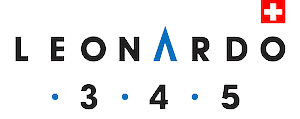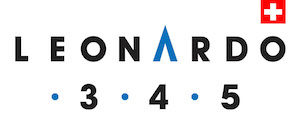
Executive summary
The Leonardo 3.4.5 is a research-based tool that helps identify the potentials and the talents of the individuals inside their working environment. The Leonardo 3.4.5 tool is categorizing the personal attributes of an individual within eight categories, which are formed within four major axes: i. Introvert- Extrovert (E-I), ii. Conceptual- Practical (C-P), iii. Feeling- Analytical (F-A), iv. Open- Structured (O-S).
In this paper the accuracy and reliability of the tool was tested on a big database of users (8058) compiled the past five years. The question was redesigned based on the results of the Leonardo 3.4.5 statistical report of 2009. Applying the Cronbachs alpha methodology (split-half) for each individual axis category tested internal reliability. The highest internal reliability was achieved within the Conceptual-Practical dimension and the lowest on the Open- Structured dimension. However for all dimensions with the exception of a few individual questions of the O-S category were acceptable and can be considered reliable.
The construct validity of the Leonardo 3.4.5 tool was tested on the basis of two criteria: the convergent and discriminant validity. The analysis proved the construct validity of the Leonardo 3.4.5 methodology in general and for the four axis categories and pointed to the need of rethinking of a very limited number of questions (6 in total).
Overall the results on the reliability and internal construct of the test were positive indicating that the scientific approach used by the Leonardo 3.4.5 is yielding reliable results on the domain of personal assessment.
The Leonardo 3.4.5 was also evaluated as part of a customer post market research analysis. The assessment was performed in two highly different groups namely an academic community and a set of top managers of a big company.
In both cases the reception of the methodology was highly positive with 75% and 82% participants of the respective groups judging the methodology positive and giving a rating eight or more on a scale of zero to ten.

